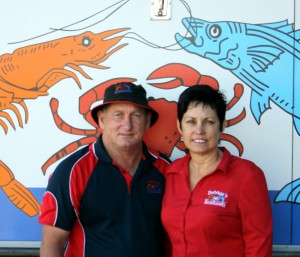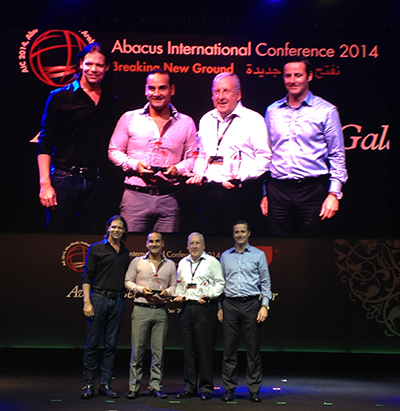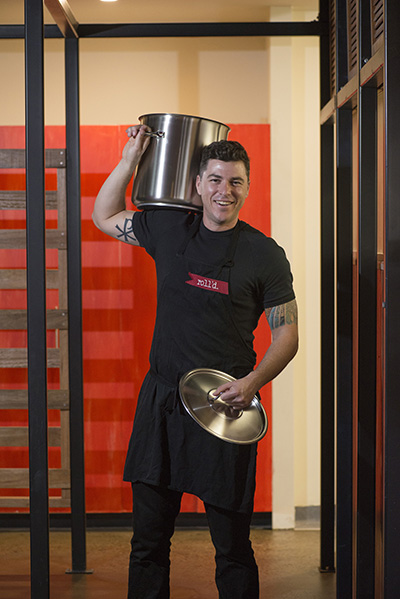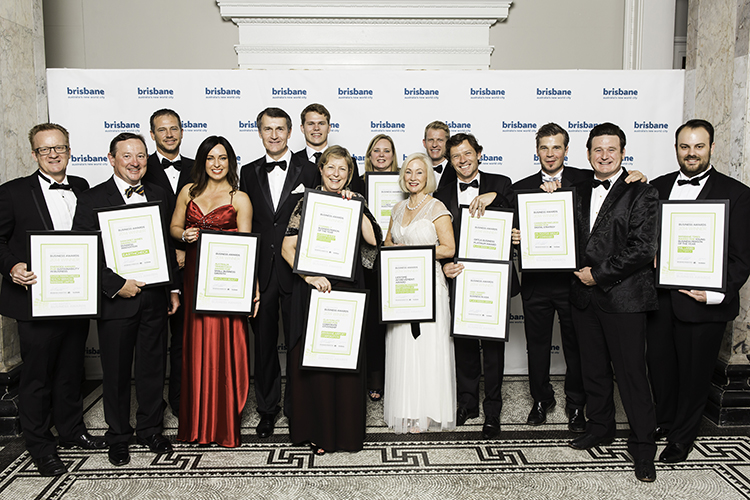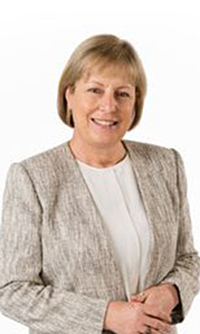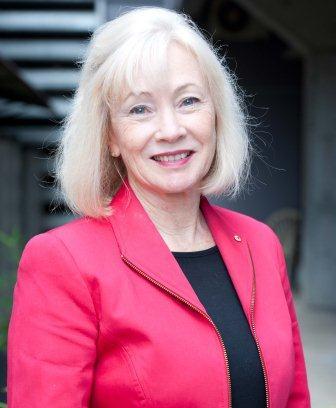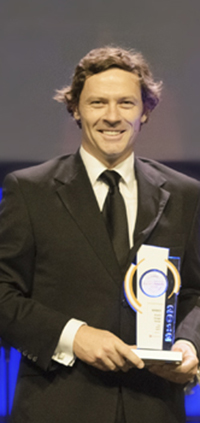IDM Partners acclaimed for ‘stricken’ Qld transport rebuild
EXTRA >>
A TRANSPORT Network Reconstruction Program by IDN Partners has taken this year’s top award for project management in Australia.
IDM Partners won the Australian Institute of Project Management’s 2014 Project of the Year at the Project Management Achievement Awards (PMAA) staged last month, following AIPM’s 2014 National Conference at the Brisbane Exhibition and Convention Centre.
Queensland’s IDM Partners for the Department of Transport and Main Roads were awarded the highest accolade for the night, with their win for the Transport Network Reconstruction Program in Queensland.
Queensland’s transport network required rebuilding following extensive damage caused by a succession of severe natural disaster events in 2010 and 2011. The $1.26 billion program entailed rebuilding 2,321km of roads, rectifying 247 earthworks and batter damage sites and repairing 326 bridges and culverts. The roads have now been reconstructed and communities have been reconnected.
“Through a robust program framework and innovative solutions the Transport Network Reconstruction Program (TNRP) delivered exceptional outcomes for the department and the state and has left an enduring legacy,” said TNRP program manager David Flannagan,
“The program framework used to deliver the 2010 works was again used to successfully deliver disaster reconstruction works in subsequent years totalling $6.923 billion.”
Capital Insight from NSW was a popular winner in the Construction and Engineering In Excess of $100,000,000 category, for work on the Chris O’Brien Lifehouse.
Project manager Steve Gibson from Queensland Urban Utilities won Project Manager of the Year for his outstanding work upgrading the sewerage network at Woolloongabba. The five year $82 million project is Queensland Urban Utilities’ biggest on record, and was delivered not only ahead of schedule but $3.7 million under budget.
Other individual awards included Program/Project Director of the Year, with David Bartlett from South Australia’s Department of Planning, Transport and Infrastructure taking out this top individual award for his work on the Seaford Rail Extension Project.
Team Member of the Year went to Chris Lamond from Jacobs Group Australia, and Ben Burrows from Defence Materiel Organisation won the inaugural Young Project Manager of the Year award.
Some of the winners of the state level PMAA were represented as finalists at the awards, with several of the national winners now going on to represent Australia at the Asia Pacific Federation of Project Management PM Achievement Awards.
The winners of the regional awards will be announced at the APFPM 2014 Congress in Beijing at the end of November.
“The judges of the awards this year were very impressed with the breadth and maturity of the projects submitted for this year’s awards,” said AIPM CEO Yvonne Butler.
“Australian project managers and organisations achieving business outcomes through project management continue to display that they are truly world leaders when it comes to innovation and delivery.
“Each and every year the winners set new heights which are really making the rest of the project management world stand up and take notice. We are really at the forefront of an exciting time for the industry” she said.
AIPN National President Steve Milner said, “The projects and people recognised in the 2014 Project Management Achievement Awards demonstrate that excellence in project management, whether it is though individual effort, small teams, or large and complex organisations, really deliver successful outcomes on a consistent basis.
“In today’s challenging economy effective project management is instrumental for this success,” Dr Milner said.
Project Category Awards:
NATIONAL PROJECT OF THE YEAR
Organisation: IDM Partners (QLD)
Project: Transport Network Reconstruction Program
CONSTRUCTION / ENGINEERING < $100,000,000
Organisation: Kellogg Brown and Root & South Australian Water Corporation (SA)
Project: PMP Solutions Metropolitan Capital Water Infrastructure Delivery Project
CONSTRUCTION / ENGINEERING > $100000000
Organisation: Capital Insight (NSW)
Project: Chris O’Brien Lifehouse
DEFENCE / AEROSPACE
Organisation: Jacobs (NT)
Project: US Force Posture Review Stage 2 Project
ICT / TELECOMMUNICATIONS
Organisation: Commonwealth Scientific and Industrial Research Organisation (CSIRO) – (NSW)
Project: Pawsey Supercomputing Centre
ORGANISATIONAL / CHANGE MANAGEMENT
Organisation: Australian Customs and Border Protection Service (ACT)
Project: Anti-Dumping Reform Programme Australian Capital Territory
DEVELOPMENTAL
Organisation: Retirement Benefits Fund (TAS)
Project: TAS New Insurance Products
REGIONAL
Organisation: Arrium-WorleyParsons Alliance (NSW)
Project: RAPTEK Facility Project
COMMUNITY SERVICE AND/OR DEVELOPMENT
Organisation: Jacobs (VIC)
Project: Alfred Health Acquired Brain Injury Unity
Individual Category Awards
PROJECT DIRECTOR
Winner: David Bartlett (SA)
Organisation: Department of Planning, Transport and Infrastructure
PROJECT MANAGER
Winner: Steve Gibson (QLD)
Organisation: Queensland Urban Utilities
YOUNG PROJECT MANAGER
Winner: Ben Burrows (VIC)
Organisation: Defence Materiel Organisation
PROJECT TEAM MEMBER
Winner: Chris Lamond (NSW)
Organisation: Jacobs Group Australia
ABOUT THE 2014 PMAA AWARDS
The Australian Institute of Project Management established the Project Management Achievement Awards (PMAA) program to recognise, honour and promote achievements in programs and project management.
There are two areas of achievement – management of projects and individual achievements in project management. Over the months of August and September 2014, the Australian Institute of Project Management (AIPM) announced the Project Management Achievement Awards (PMAA) winners for each State and Territory. Winners of all project and individual categories from each Chapter were elevated as finalists to the National PMAA.
ends

 How to resolve AdBlock issue?
How to resolve AdBlock issue? 